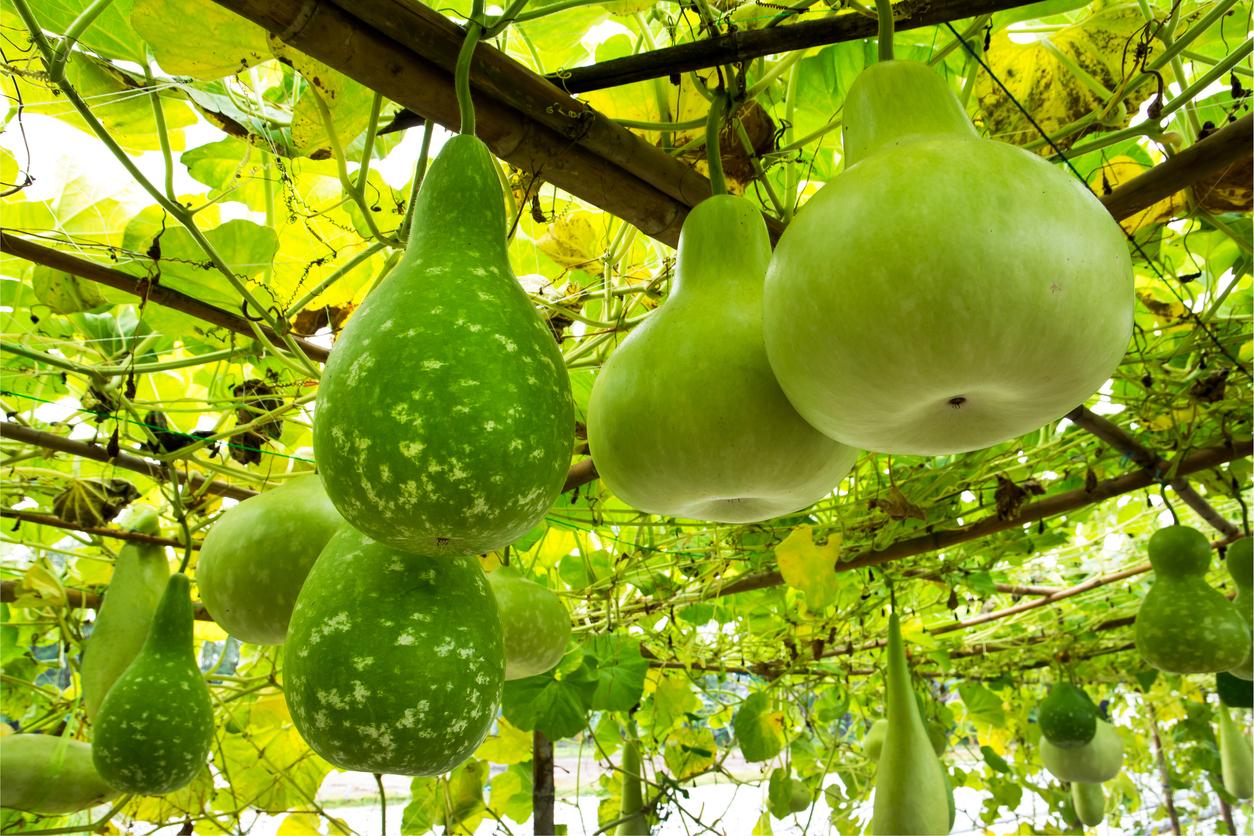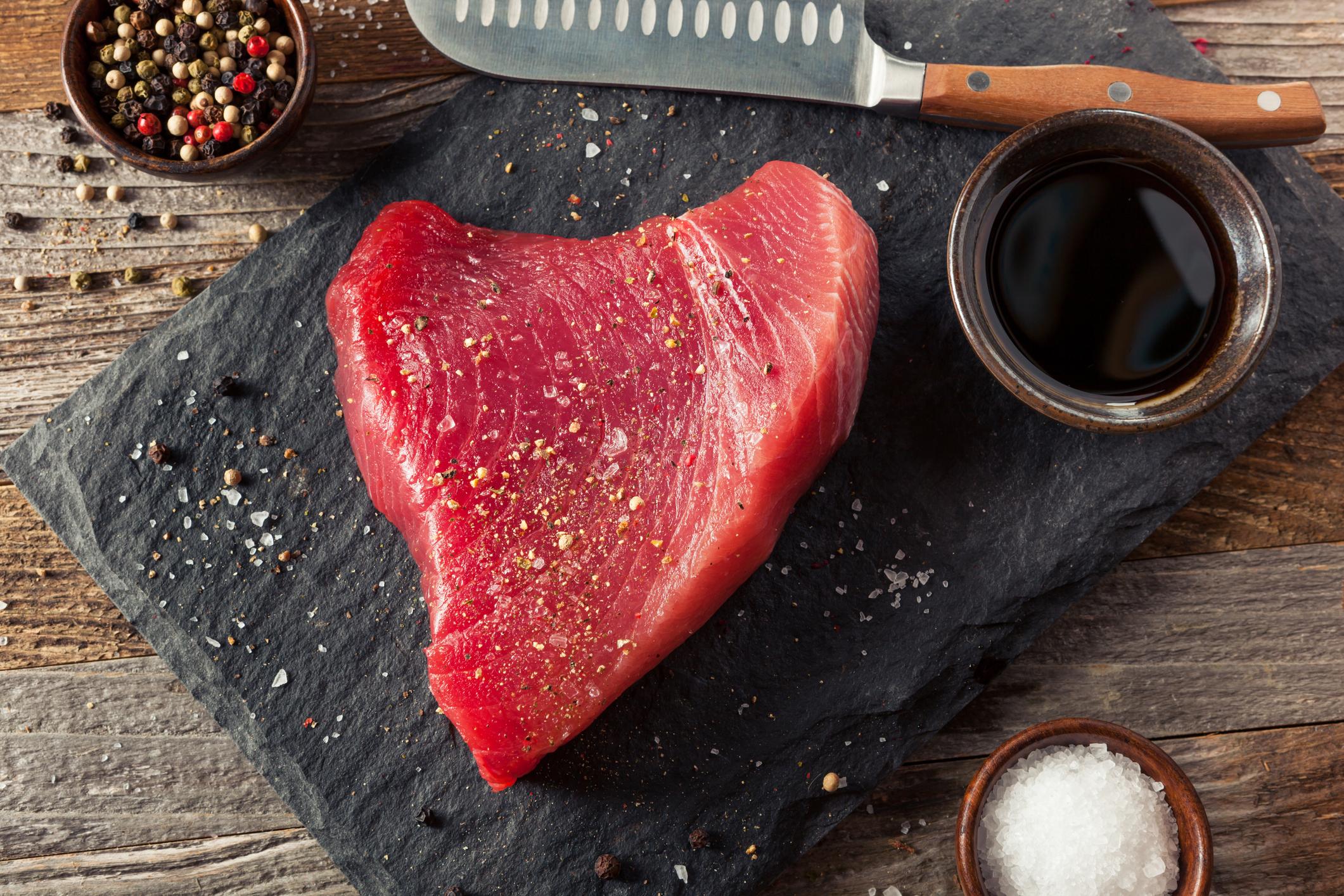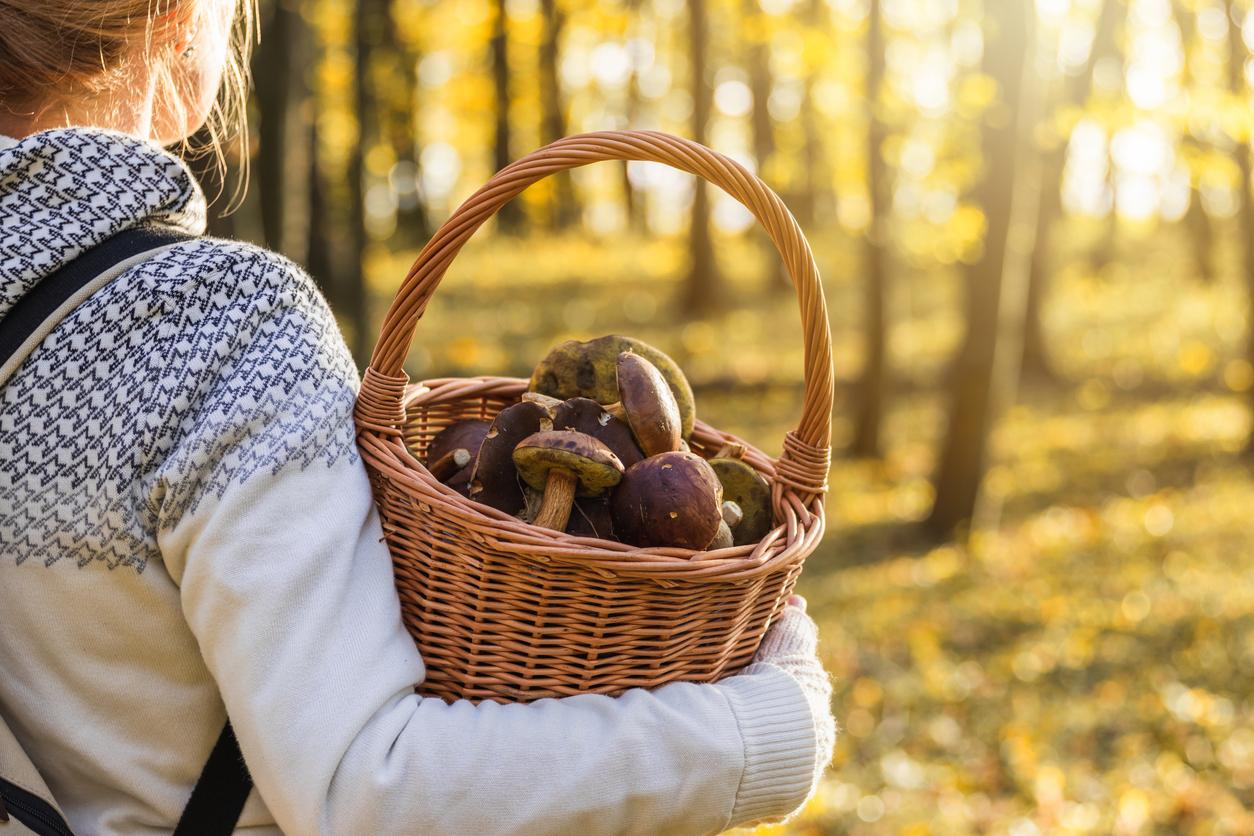A 64-year-old woman nearly died of squash poisoning after drinking gourd juice from the supermarket. This reaction occurs when a person has consumed too much cucurbitacin, a toxin that is naturally present in several species of plants in the Cucurbitaceae family.

- Cucurbitacin is a naturally occurring toxin in squash such as pumpkins, cucumbers, and gourds.
- According to poison control centers, 353 people in France experienced symptoms (mainly digestive or at least mouth bitterness) of bitter gourd poisoning.
- According to the report, bitter gourd came from the family garden for 54% of the poisonings and had been purchased commercially for the other 46% cases.
Calabash juice, known to reduce stress, is one of the latest trendy drinks. A 64-year-old woman, whose name has not been disclosed, wanted to treat herself to this little pleasure when shopping at the supermarket. But a few minutes after drinking the drink, the senior was overcome with nausea and vomiting. According to the doctors who reported his case in the medical journal The Canadian Journal of Emergency Medicineshe suffered from squash poisoning, a family of which gourds are a part.
Cucurbitacin poisoning: a dangerous drop in blood pressure
During her treatment by the emergency room, the woman, who lives in Canada, complained of diarrhea and abdominal pain. While she suffered from high blood pressure, her blood pressure also dropped from 142/90 to 42/27, a particularly dangerous level that puts her at risk of a heart attack, among other things. His breathing slowed and his body temperature dropped to 35.6 degrees. A fan of calabash juice, the Canadian told doctors that the drink was more bitter than the previous times. This is a sign of a high level of cucurbitacin in the brew. If this toxin, found in squash, is present in large amounts in the body, it can affect cells’ ability to send signals to each other, disrupting normal bodily functions and causing life-threatening complications. .
The doctors then diagnosed bitter gourd poisoning. They treated her with electrolytes, blood pressure medication and injections that would help neutralize the toxins in the ingested vegetable. The patient’s condition improved after five days.
Beware of bitter-tasting squash
While this was the first published case in Canada, such reports have been made in many countries. Moreover, ANSES warned against bitter gourds in a communicated published on October 22, 2022.
“Some “gourds” are toxic and contain cucurbitacins, very irritating and bitter substances which can be responsible quickly after ingestion for digestive pain, nausea, vomiting, sometimes bloody diarrhea, even severe dehydration requiring hospitalization. “. The agency specifies “these substances, which persist when cooked, are naturally produced by wild squash to repel predatory insects (caterpillars, etc.).”
The main cases of poisoning are related to:
- ornamental gourds: sometimes in the fruit and vegetable section, for strictly decorative use, they should not be confused with edible gourds.
- edible squash grown in the family vegetable garden: they often become unfit for consumption after wild hybridization. “This phenomenon occurs when bitter varieties and edible varieties coexist, in the same vegetable garden or in neighboring vegetable gardens, and the seeds are harvested and sown from year to year.says ANSES.
You have to be especially vigilant because inedible squashes can look the same as edible ones. How to distinguish them? Their bitter taste. Indeed, edible squashes have a neutral or slightly sweet flavor. If there are signs of poisoning, contact a poison control center.
















